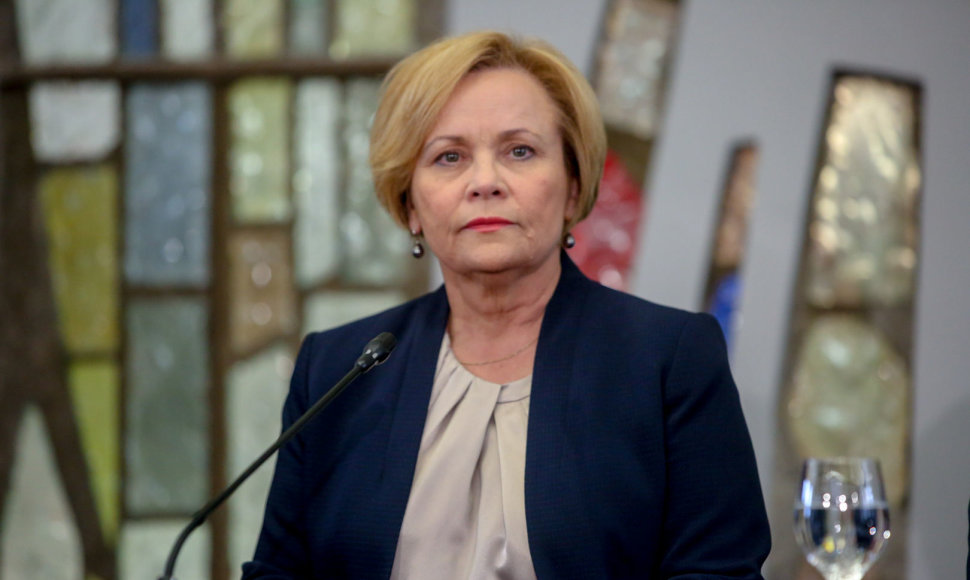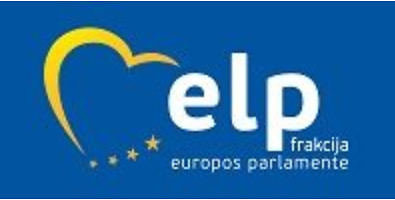These regulations combine most of the EU financial instruments, which so far have operated individually to finance EU policy in developmental cooperation, neighbourhood and international cooperation. Through this instrument, funding will be allocated to most of the EU’s global foreign policy actions for the coming seven-year period.
The regulations are comprised of several components: geographic programmes (including the Neighbourhood Programme) which will have EUR 20 billion allocated; thematic programmes covering the areas of human rights and democracy, civil society, stability and peace, as well as global challenges; rapid response action and also reserves for unforeseen needs.
The combined budget for the instrument reaches almost EUR 80 billion.
“During negotiations, I was particularly focused on ensuring the inclusion of nuclear safety provisions, which were not initially included in the project. It was necessary to dedicate a great deal of effort to convince our colleagues in the Council and Commission that despite the instrument’s funding not financing any nuclear energy production activities, the case of Astravyets Nuclear Power Plant clearly shows that the European Union should have more leverage to influence countries, which intentionally fail to adhere to international nuclear safety standards. I am glad that we were able to have this provision included as a legal indication in the regulations,” R. Juknevičienė, one of the rapporteurs representing the European Parliament, emphasised.
Furthermore, these negotiations also led to the agreement between the European Parliament and European Council, for which compromise was difficult to reach – on the role of institutions in the instrument’s management and oversight processes, as well as on fund distribution. Provisions were successfully arranged for EU member states area of migration. The European Parliament also achieved greater involvement in emphasising specific goals and priority areas in cooperation with partners, also for ensuring greater accountability and democratic oversight, opportunities to raise relevant strategic questions during the implementation of the instrument through special high-level geopolitical dialogue with the Commission.
“I would like to congratulate Rasa with excellent results. These regulations, in their scope and complexity, only fall behind perhaps the EU Multiannual Financial Framework, I saw how much time and effort this work demanded. I believe that thanks to the involvement of Rasa as the main rapporteur in the arrangement of the regulations, she was able to ensure the inclusion of questions of importance to Lithuania,” Andrius Kubilius, the head of the Lithuanian delegation of members of the European Parliament at the European People’s Party group, noted.
Intensive negotiations work continued for 14 months, seven stages of top-level negotiations were organised, as well as over forty technical level negotiations. Achieving final political agreement in this stage of negotiations between European Union institutions, the regulation’s text was fully arranged and a concluding trialogue was organised. After it, the negotiated text will still need to be approved by relevant European Parliament committees.
“Negotiations were somewhat complicated by how the Council did not have a final position for a long time. It was only confirmed this summer how much funding from the EU budget will be dedicated to these regulations, as well as on the European Development Fund and European Neighbourhood Instrument’s inclusion in the composition of these regulations. The COVID-19 pandemic also presented challenges, but it did not suspend intensive work. We worked both remotely and meeting live while adhering to all necessary safety guidelines. While due to objective reasons, we are ending negotiations a little later than planned, I am glad that we were able to reach agreement still during the German European Council presidency. We can now truly say that the baby was born,” MEP R. Juknevičienė noted.
During this trialogue, considering R. Juknevičienė’s initiative, a preliminary agreement was reached on changing the instrument’s name to Global Europe in order to better reflect its importance, and make the name more understandable and memorable for European citizens.













